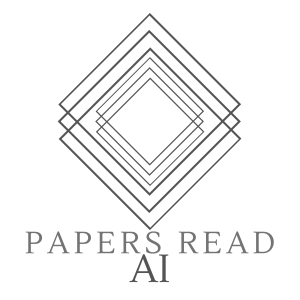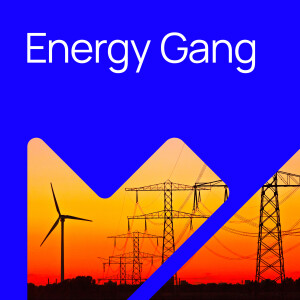

Papers Read on AI
Understanding INT4 Quantization for Transformer Models: Latency Speedup, Composability, and Failure Cases
2023-04-17
Improving the deployment efficiency of transformer-based language models has been challenging given their high computation and memory cost. While INT8 quantization has recently been shown to be effective in reducing both the memory cost and latency while preserving model accuracy, it remains unclear whether we can leverage INT4 (which doubles peak hardware throughput) to achieve further latency improvement. In this work, we fully investigate the feasibility of using INT4 quantization for...
Improving the deployment efficiency of transformer-based language models has been challenging given their high computation and memory cost. While INT8 quantization has recently been shown to be effective in reducing both the memory cost and latency while preserving model accuracy, it remains unclear whether we can leverage INT4 (which doubles peak hardware throughput) to achieve further latency improvement. In this work, we fully investigate the feasibility of using INT4 quantization for language models, and show that using INT4 introduces no or negligible accuracy degradation for encoder-only and encoder-decoder models, but causes a significant accuracy drop for decoder-only models. To materialize the performance gain using INT4, we develop a highly-optimized end-to-end INT4 encoder inference pipeline supporting different quantization strategies.
2023: Xiaoxia Wu, Cheng Li, Reza Yazdani Aminabadi, Z. Yao, Yuxiong He
https://arxiv.org/pdf/2301.12017v1.pdf
View more
Comments (3)
More Episodes
All Episodes>>Create Your Podcast In Minutes
- Full-featured podcast site
- Unlimited storage and bandwidth
- Comprehensive podcast stats
- Distribute to Apple Podcasts, Spotify, and more
- Make money with your podcast
It is Free












